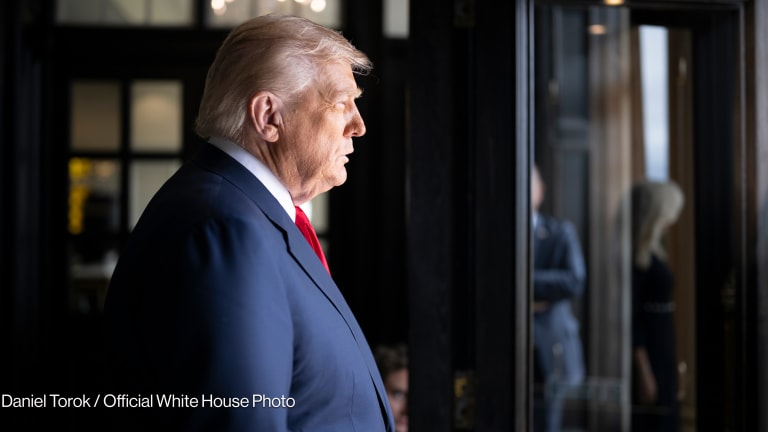
EDITOR’S NOTE: The U.S. Global Leadership Coalition offers an analysis of the Obama adminstration’s proposed fiscal 2012 international affairs budget. It says the proposal safeguards U.S. security interests and reflects the need for efficient and responsible spending. A few excerpts:
The USGLC applauds the Administration’s FY2012 International Affairs Budget request as a critical investment in America’s national security. At a time of intense pressures to cut spending and in the context of an overall freeze on non-security funding, the President has presented and International Affairs Budget that protects America’s security interests and maintains U.S. global leadership while also reflecting the need to be more efficient and responsible with every dollar spent.
The President’s FY2012 request comes at a time of great uncertainty for FY2011 spending levels with a vote expected later this week in the House of Representatives to cut $100 billion from discretionary programs. While both the President’s budget request and the House Appropriations proposal focus on curtailing spending, they offer different views as to how to achieve fiscal constraint.
As for the International Affairs Budget, one of the most significant differences is how the Administration and House Appropriators categorize these programs. For the past five budgets, Republican and Democratic Administrations have grouped International Affairs within a cluster of spending categories that collectively make up the U.S. National Security budget. This bipartisan recognition of the critical role our civilian agencies contribute to our national security mirrors the calls from military voices including Secretary of Defense Bob Gates, Joint Chiefs of Staff Admiral Michael Mullen, and General David Petraeus.
As a result, the Administration’s request exempts the International Affairs Budget from President Obama’s proposal to freeze non-security spending for five years while the House proposal categorizes these programs as non-security funding, cutting the civilian programs far greater than other security agencies.
Re-published with permission of the U.S. Global Leadership Coalition. View the full analysis.








